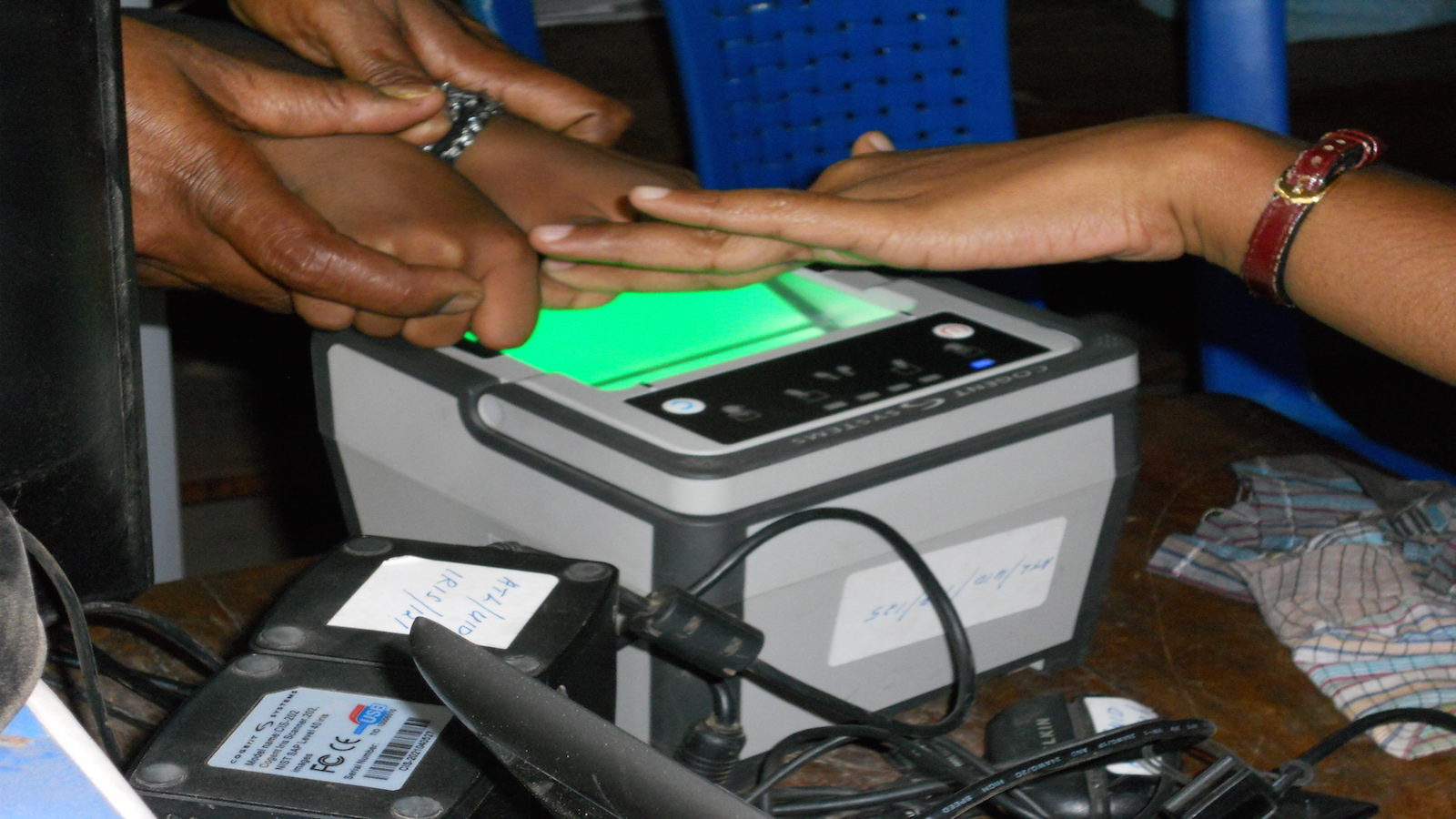
A Fourth Way – Drafting a Data Protection Law for India and the Global South
Original research, followed by engagement with the Srikrishna Committee to draft a report and the law for a new data protection framework in India
Context
Digital technologies are so ubiquitous that laws governing their application must carefully weigh multiple factors relating to access, privacy and prosperity. The debate around the privacy aspects of various technologies, in the last decade, have become dominant in India and the Global South. The right to privacy and data protection are essential to protect citizen’s interests in this increasingly digital world. At the same time, problems of access and the difficulty of using data to empower individuals remain long-standing problems.
In this context, Vidhi suggested the contours of a data protection law for India that went beyond the usual rights versus prosperity binary through an original piece of research that led to the Personal Data Protection Bill.
Original Research on Data Protection
Vidhi, with the support of the Centre for Digital Financial Inclusion, worked on and released a report on building an effective data protection regime in India. The report examined existing laws, analysed international best practices, and suggested a framework for data protection, which recognises the right of the citizen to have autonomy over the processing of their private information.
It kickstarted a meaningful conversation around an empirical analysis of best data protection practices globally to help stakeholders to think about the framework that could work best for India. It also advocated the need for a law that was attuned to barriers to using data for empowering Indians; one that did not become a compliance burden.
Building a reliable, fit-for-purpose data protection ecosystem
Subsequent to this research, Vidhi was engaged by the Ministry of Electronics and Information Technology, Government of India to assist the Committee of Experts headed by Justice BN Srikrishna to draft a data protection law for India. After more than a year of high-level deliberations and public consultations, with Vidhi’s drafting expertise, the Committee submitted a report and a draft Bill to the Ministry of Electronics and Information Technology.
The report and bill outlined an approach to data protection that was attuned to problems in India; one that was not a mere replica of existing approaches in the USA, EU and China. It today forms the basis for many similar conversations in various parts of the Global South.
Justice Sri Krishna
Through its involvement in this project, Vidhi has been able to establish itself as the leading constructive civil society voice on technology policy issues. Vidhi researchers have prepared the intellectual groundwork by engaging in various talks, write-ups and conferences through which decision-makers on data protection can envisage their legal options clearly. Since that time,Vidhi has leveraged this domain expertise to create a dedicated centre Applied Law and Technology Research Centre (ALTR).
Impact
The Srikrishna Committee Report titled: ‘A Free and Fair Digital Economy’ stands today as the Magna Carta for data protection norms, not only in India but the Global South. It is a testament to Vidhi’s persistent efforts to engage in earnest with industry and civil society during the drafting of the report, that any policy action with privacy implications is judged against the norms laid down in this Report. While the Report has already established itself as a benchmark for data protection decisions, the draft Bill has kick-started the legislative conversation.
Currently, under consideration by a Parliamentary Committee, it is expected that the Bill will be on the statute books shortly. If passed in a form that bears a fundamental likeness to what was submitted by the Srikrishna Committee, it will be the culmination of Vidhi’s half-a-decade long efforts to prepare India for a digital future on its own terms.
